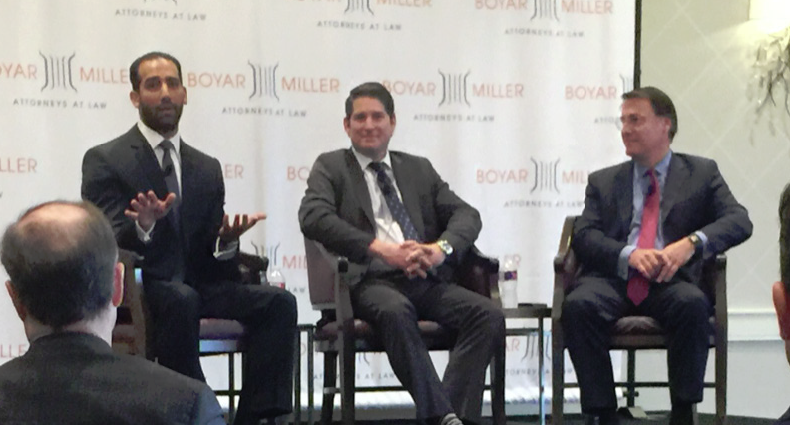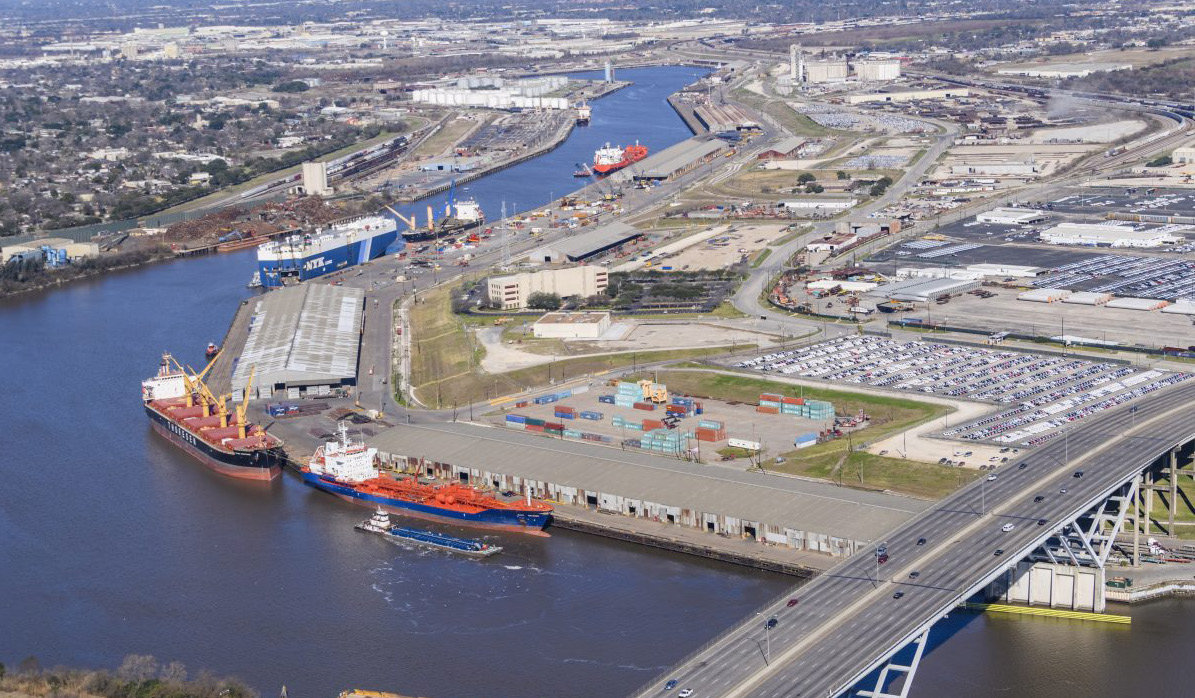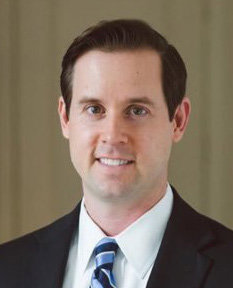Takeaway: The local and national economies are hot, but prudent businesses are thinking and planning ahead to be ready for the next (inevitable) recession.
Where are we now in the economic cycle?
• Economy is still expanding but is in the late stage of the current cycle, which has lasted ten years so far
• There is a lot of borrowing going on and businesses are feeling comfortable taking risks-lending/borrowing has been ‘cheap and easy’
• There are lots of mergers & acquisitions (M&A) going on, but buyers are paying full price and more, hoping to improve productivity of acquired company
• The Feds are slowly raising historically very low interest rates to head off possible inflation, which puts a damper on business values because more cash will be needed to service debt
• Many businesses are experiencing ‘their best year ever’ and there is lots of momentum going forward, with a 4% growth rate in the national economy
• We are in an inflated market, with values 5-15% too high-business owners / managers should prepare now for recession so they do not panic when it hits
• There is over $1.5 trillion buying power on the sidelines looking for yield, a huge overhang of excess capital
• New funds are having an easy time raising money
When will the recession come, and what should one do to plan for it?
• The recession could hit mid-to late 2020 but no one really knows
• M&A activity usually has a six year cycle-we are in the 8th year
• Old stodgy established brand companies are looking for groovy new acquisitions to show they are still in the game, and can continue to appeal to contemporary customers
• If the Feds raise interest rates quickly, that could hasten the recession, and vice-versa
• Now is a good time to sell your business while buyers are paying premium rates-thorough preparation is critical in packaging your company to take it to mark-remove any question marks a buyer may have in advance of putting it up for sale
• Operating businesses should establish a cash cushion to carry them through the unforeseen circumstances which always accompany a downturn
• Give your business a stress test now: what would happen if suddenly you lost one or more of your best customers, or hit other major snags?
• Every economic bubble stems from relaxing of discipline, and so far no great departure from discipline has made itself visible in our economy
• Business owners are people of action and when a recession hits, sometimes they take hasty and unwarranted actions which increase the negative impact-best strategy is to prepare, wait and see, and look for opportunities that can be picked up at favorable prices
• The onset of a recession is not a time to panic and to depart from your established successful business plan-avoid knee-jerk reactions
What will be the impact of tariffs on the economy and business climate in general?
• So far minimal, but the initial tariffs have not yet had time to filter down, nor have other countries gotten all of their reciprocal tariffs against us in place
• They are worrisome and concerning since they don’t seem to be part of a cohesive plan and in past business cycles imposition of tariffs has not had a happy ending for the US or world economies
• The administration is playing with fire
• They create new and un-needed risks for the economy going forward
Read this forum in PDF format here .








